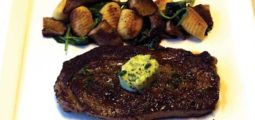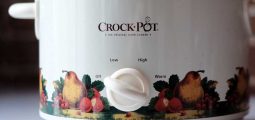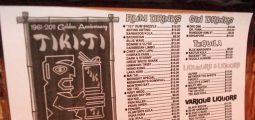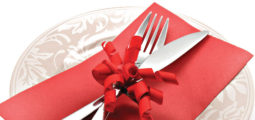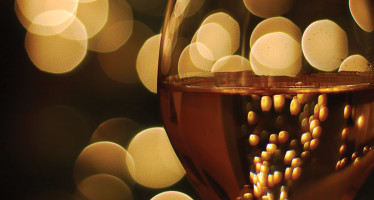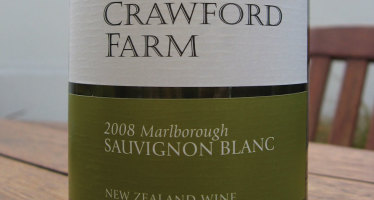7 Habits of Highly Effective Wine Aficionados
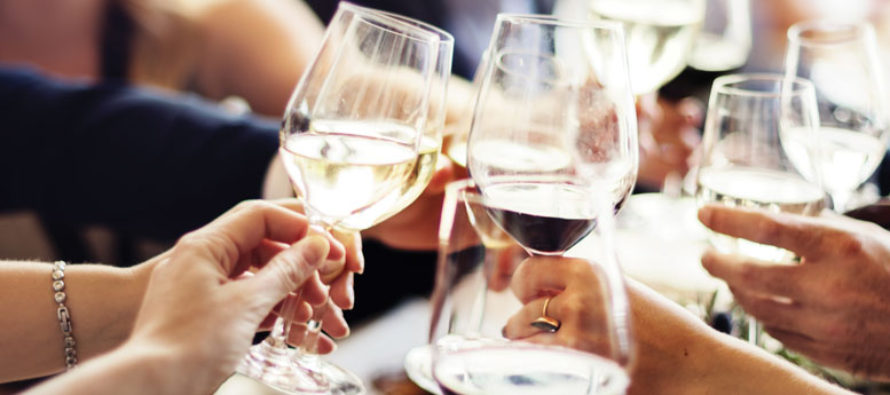
On a recent flight home from Chicago my wife and I were seated next to a very nice, pretty young lady. Hunched forward in her seat with highlighter pen in hand, she was completely absorbed in the pages of her book. Her read was none of my business. Still, I couldn’t help but wonder what it was that had her so captivated. With a quick glance I saw the title: the famed The Seven Habits of Highly Effective People, by Stephen R. Covey.
‘Effective’ has been defined as, “successful in producing a desired or intended result.” The usual desired result for the lover of wine is, quite simply, maximum enjoyment. While there are many obvious guidelines to abide by in order to achieve this result (first and foremost, do not purchase insipid wine), here are 7 perhaps not-so-obvious rules, which even the wisest and most experienced oenophile would do well to remember.
- Man does not live on ratings alone. If your cellar, wine rack or refrigerator contains only wines with high ratings, well, Houston, we have a problem. Ratings are useful as a guide, but they are not the end-all. No individual can predict with 100% certainty what you will like. Only you know that. Do not underestimate your own taste buds. There are thousands of wines in the world and all of them are different. Do not narrow your search to the relatively few that garner published ink. Try new things. Listen to the waiters in your favorite restaurants and inquire of the staff at your favorite wine shop. Taste and decide for yourself.
- Do not save the best for last. Some experts call it palate fatigue. I call it the Taco Bell effect. After a couple of belts, most party people are rather indiscriminate with what they consume later on. Good and cheap, or maybe just cheap, usually soothes the masses just fine late in the evening. Granted, the highlight vino of the evening may justifiably be saved for the main course, but don’t wait too long before pulling the good corks. Later on, the masses won’t know the difference, nor will they care. Quality becomes a lower priority the longer an evening or social event lingers on. And this explains the long lines late night at Taco Bell.
- Do save the best for those who know the difference. This tip will not be found in Dale Carnegie’s How to Win Friends and Influence People, but I’m sticking to it anyway. Do not waste the great stuff on those who couldn’t care less. Have you ever opened a special and expensive bottle of vino that you have been saving for years, poured a modest three or four ounces each for yourself and maybe one other fellow wine lover, and watched sorrowfully as the rest of the bottle is glugged by those who have little to no interest or appreciation whatsoever of fine wines? Do this a couple of times and you will see my point. I admit it, I have occasionally poured terrific wine secretly from a bottle in a paper bag hidden in a closet for my parents whilst serving the everyday stuff to the masses. Before you gasp at such a tawdry practice, let it be known that I did, in a hushed voice and within a quiet circle of friends, confess to this recently at a tasting and luncheon for the release of the new vintage of Opus One wine. Much to my relief, others present had done the same thing and my guilt dissipated rapidly.
- Be a consumer, not a collector. When it comes to wine, do not be a hoarder. Paintings are meant to be viewed. Music is meant to be heard. Food is meant to be eaten. Wine is meant to be drunk. If you are buying precious and expensive wines simply for show, never intending to pop the cork, well that’s just plain silly. Idea: pull that cork, drink the wine and put the empty bottles back in your trophy case… I mean, cellar. That way you can enjoy your wine and still show off your precious purchases, ego intact. Great wine is meant to be enjoyed, not enshrined.
- Skip the exhibitionism. Unless you are at a formal wine tasting, skip the dramatic poses, audible sniffing, gurgling, gargling and gagging. A few gentle swirls of your glass are quite appropriate. But we’re not roping cattle here, so skip the elevated entire-arm lasso motion. A gentle whiff or two of the wine’s aroma is a wonderful way to enhance your appreciation of the wine in your glass, but go easy. There’s no need to nasally vacuum the contents, and for Chrissake, once the wine has entered your mouth, drink it. Sustained swishing and sloshing is kind of gross. Save that for your morning Listerine. Bottom line: We already know of your passion for all things wine. If not, you wouldn’t be drinking it. Quit trying so hard to prove it.
- Good wine, bad glass. Quality stemware can have a dramatic effect on the taste of wine. There is a science behind this, and it is true. If you don’t believe this theory, test it yourself by pouring the same wine in two very different glasses, then taste. The difference can be dramatic. Believe me, the quickest way to immediately lower the quality of any good wine is to pour it into a goblet with ¼ inch thick glass or one with a tiny bowl. We don’t want that. Now, you don’t need to immediately run out and buy a different glass for every type of wine varietal you may consume, but do buy yourself a set of nice quality stemware. Good wine deserves a decent glass. It will more than pay for its self over time and, most importantly, your wine will taste better.
- Do not be a unibuyer. If you love wine but tend to stick exclusively with the same one or two varietals, then you’re missing the boat. The world is awash with good wines, from all corners of the earth. Go find them. Many a California cabernet lover hit a new level of enjoyment once they discovered Italian brunello and Barolo, or Argentine malbec. Many California chardonnay drinkers have had their eyes opened by an elegant, complex white burgundy from France. Pinot noir aficionados would do themselves a favor by trying Italian Veronese ripasso wines, or perhaps a nice Spanish garnacha. The vibrant process of discovery is one of the wine world’s greatest attributes. Don’t skip it.
Well, there you go, seven habits to effectively increase your enjoyment of wine. I’m sure you have a few of your own. Perhaps the greatest rule would simply be to not have too many of them, but a few can go a long ways. Enjoy!

John Finocchiaro
John Finocchiaro is a former co-owner of Johnson Brothers Finocchiaro, LLC, a Nebraska wholesale wine, spirits, and beer distributor. Formerly the owner of Finocchiaro Wine Co., Inc., John has been in the wine distribution business for the past 25 years and the Finocchiaro family's association with the Nebraska wine industry has been continuous for the past 73 years, since 1935. John was a Certified Public Accountant before entering the family business and is a Certified Specialist of Wine.
Related Articles
Wine Wishes
Dear Santa, Once again, thanks for the terrific Christmas. The time spent with family and friends, the gifts, the food…
Trophy Wines
Recently I viewed an episode of the TV series, “American Greed”. The show is based on true stories of some
Wines from Abroad: Exciting New Zealand Wines
It wasn’t until the 1970s that winemakers in New Zealand paid serious attention to viniculture and the art of making
No comments
Write a commentOnly registered users can comment.


